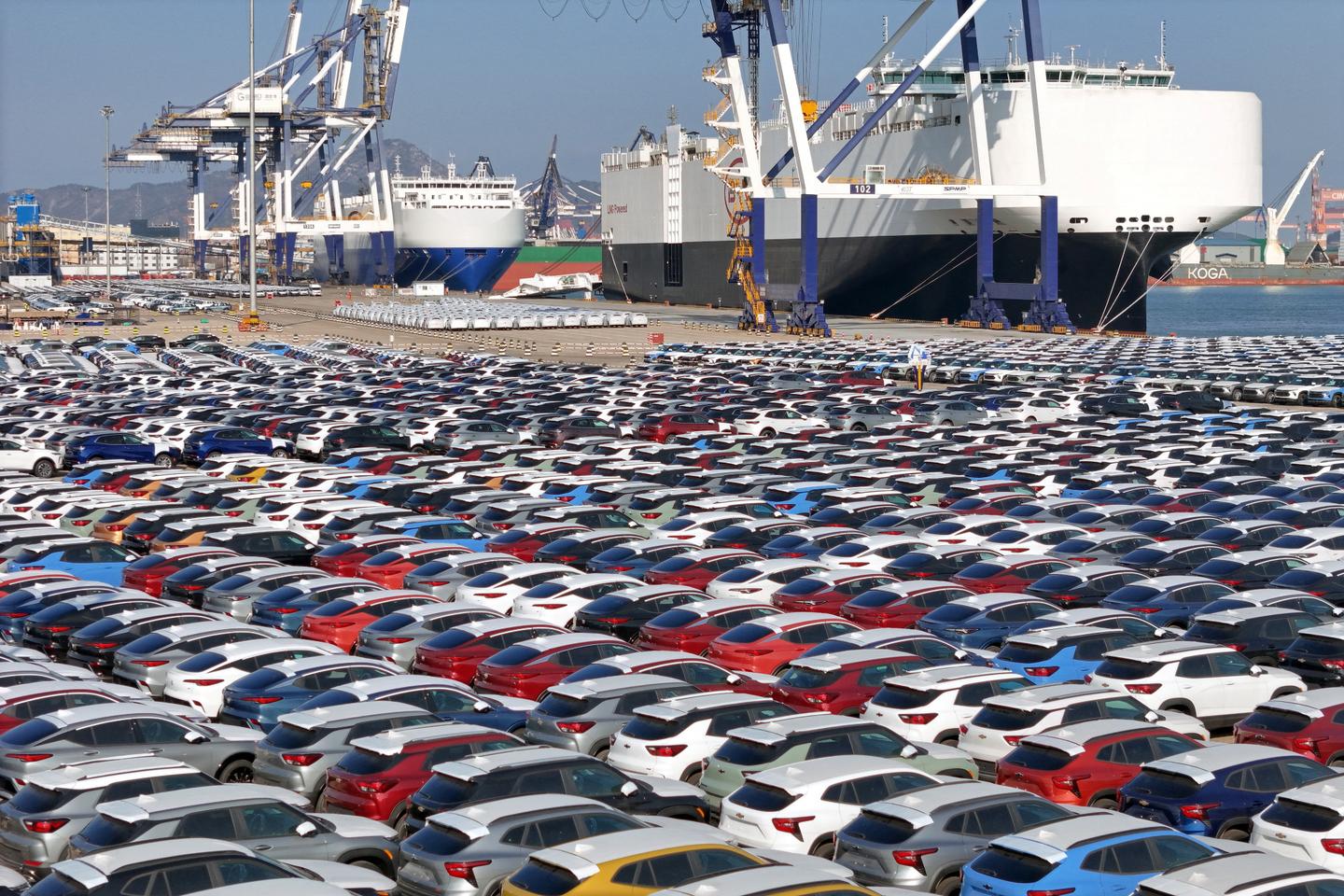


It's not just Taiwan that's causing worries for the Chinese government. The atmosphere has been rather tense at the Ministry of Economy in Beijing since the start of 2024. One question is nagging China: How can growth be revived? The answer could well have far-reaching consequences for the entire planet.
The official figure for gross domestic product growth in 2023 should be made public during the week of January 15. Unsurprisingly, it should exceed the 5% floor decreed by the government – but not by much. Three months ago, a new ill omen appeared on the scene: deflation.
Figures for December 2023, announced on Friday, January 12, showed that consumer prices had fallen by 0.3%. A modest fall, but one that comes after a 0.5% drop in November. Since July 2023, only August was positive, and factory-gate prices showed an even more pronounced decline, down 2.7% in December.
Deflation is just as toxic a poison as inflation since, by driving prices down, it discourages consumption (it will be cheaper tomorrow), squeezes margins and leads to unemployment and recession.
Bankruptcies
The government is looking for ways out of the trap. Not believing in consumer-driven recovery, China is focusing on business investment. Usually, real estate and infrastructure play this role. But no one wants to buy an apartment anymore and developers are going bankrupt one after the other. The latest is the giant financial conglomerate Zhongzhi, which declared bankruptcy on January 5.
This leaves industry to maintain growth around the announced target of 5%. The Economist reported that China's state banks have switched massively from financing real estate to industry. In 2023, capital expenditure jumped by 10% in metallurgy, 18% in automobiles and 34% in electrical equipment, with a focus on IT and electronics, biopharmaceuticals and green energies.
As a result of this deluge of money, China could, by 2030, exceed over 40% of the entire global manufacturing industry, with overcapacity causing prices to plummet, as is already the case with solar panels. Good luck, in these conditions, to those in the United States and Europe who dream of getting back into the industrial race through "green" industry. The gamble, with devastating consequences for the cost of living and the climate transition, already seems to have been lost.
